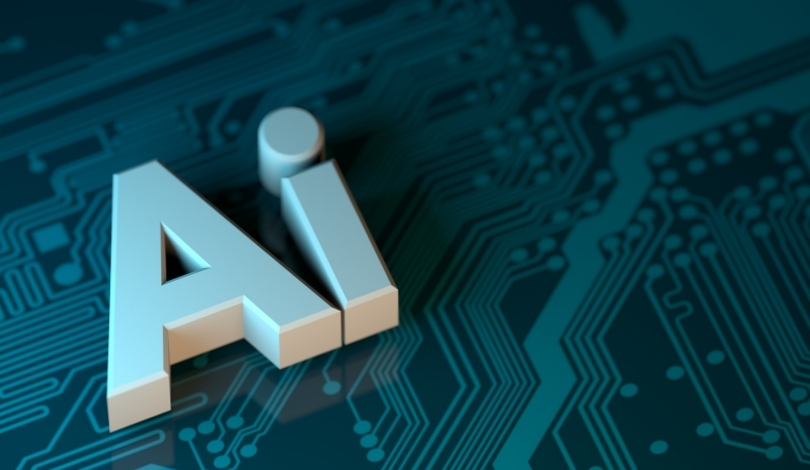The push to secure digital industrial networks intensifies as Corsha Inc., headquartered in Vienna, Virginia, receives a significant investment from Cybernetix Ventures, joining multiple backers in an $18 million Series A-1 funding round. Industrial automation and robotics are evolving rapidly, and with countless machines now operating autonomously, their secure interaction forms a crucial element for uninterrupted performance and safety. The need for advanced solutions to manage and protect machine-to-machine (M2M) connections grows with every technological step forward. Companies working with interconnected robotics and physical AI face complex challenges that cannot be solved by traditional cybersecurity approaches designed for human users.
News about Corsha’s platform for machine identity and the need for securing operational technology is not new, as earlier reports frequently highlighted the growing vulnerabilities and cyber threats to connected devices in critical infrastructure. Corsha’s entry into the market with its Machine Identity Provider (m-IdP) platform was first noted several years ago, mainly focused on enterprises and cloud environments. Recent developments shift the focus to the integral role of zero trust and dynamic verification for robotics and manufacturing APIs, showing a wider recognition of the risks to operational technology. This latest funding milestone underscores the increasing seriousness with which industry investors and technology leaders approach these cybersecurity concerns.
What sets Corsha’s m-IdP apart in machine security?
Corsha claims its Machine Identity Provider (m-IdP) is the first platform designed to secure operational systems and industrial infrastructure by continuously verifying machine identities and overseeing connections at scale. The m-IdP issues strong cryptographic credentials for each machine, while offering dynamic authentication, automated lifecycle management for machine identities, and support for various deployment environments, from cloud to air-gapped networks. These capabilities aim to deliver secure and scalable protection for rapidly advancing industrial systems.
How does investment from Cybernetix Ventures support Corsha’s mission?
Funding from Cybernetix Ventures, alongside other established venture capital firms, is directed toward Corsha’s mission to secure M2M connections, particularly across sectors like robotics and physical AI. With growing investment, Corsha intends to further develop its identity infrastructure for machines and strengthen its zero trust posture for cloud, edge, and hybrid environments.
“This shift demands an identity infrastructure purpose-built for machines,”
said Anusha Iyer, CEO and Founder of Corsha, highlighting the unique requirements of machine-focused cybersecurity.
What do industry leaders say about machine identity management?
Industry representatives emphasize the need for robust, enterprise-ready solutions for securing automated and connected systems. Mark Martin, general partner at Cybernetix Ventures, commented on the urgency:
“Robotics and industrial systems are under constant threat, yet most companies are still treating machine security as an afterthought,”
underlining the ongoing vulnerabilities in the industry landscape. This sentiment reflects an increasingly widespread understanding that effective identity management for machines is necessary for sustainable operational security.
Securing M2M communication remains a persistent challenge for industrial automation, robotics, and critical infrastructure, which increasingly depend on complex autonomous systems. The introduction of Corsha’s m-IdP platform and the financial backing from Cybernetix Ventures spotlight the drive to go beyond human-focused cybersecurity and tackle specific gaps in machine interactions. As connected devices proliferate, organizations deploying such technologies should prioritize zero trust frameworks and dynamic authentication to reduce attack surfaces. By adopting purpose-built machine identity solutions, enterprises gain stronger assurances that their operational systems and sensitive data remain secure as automation continues to advance.










